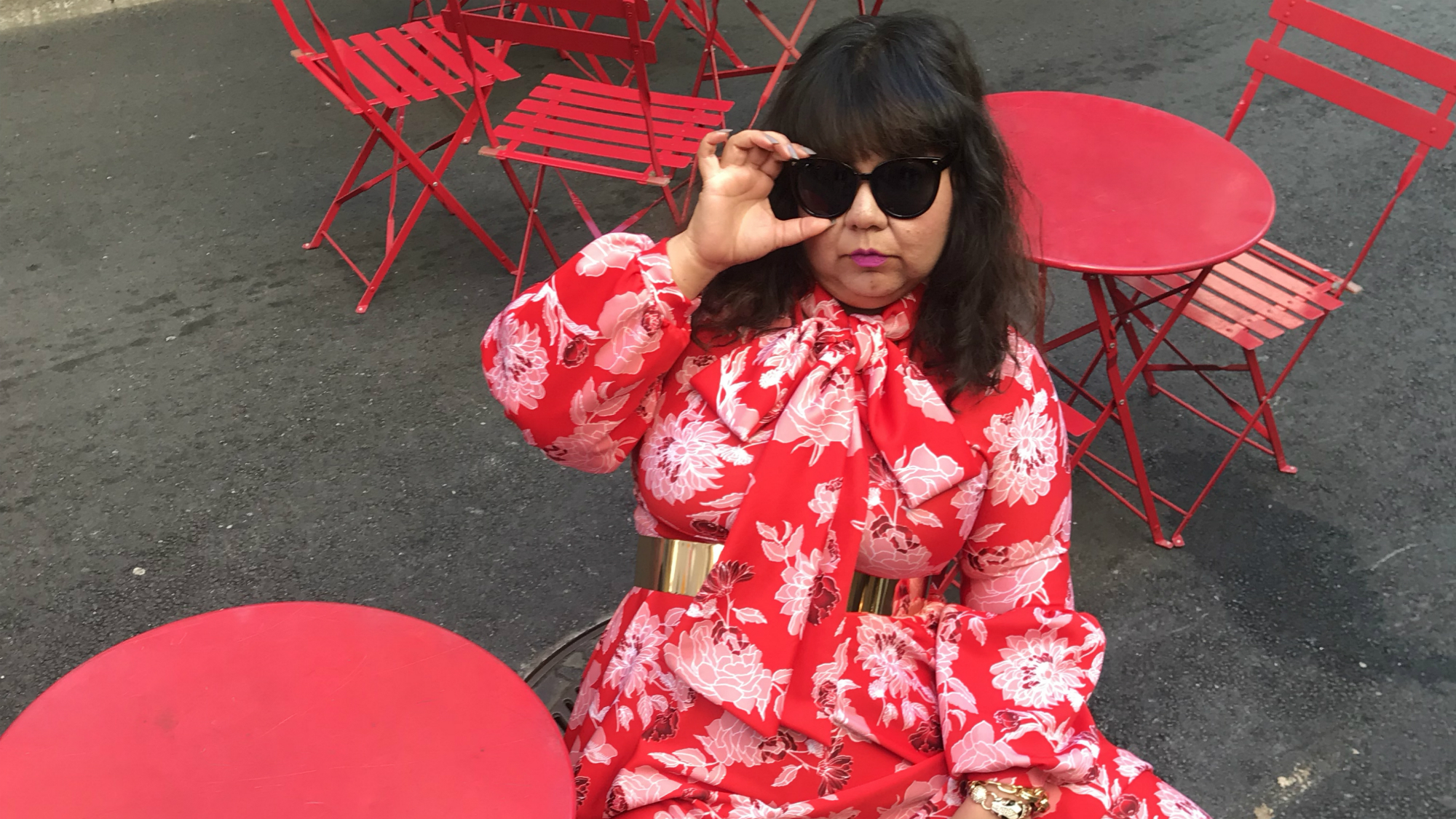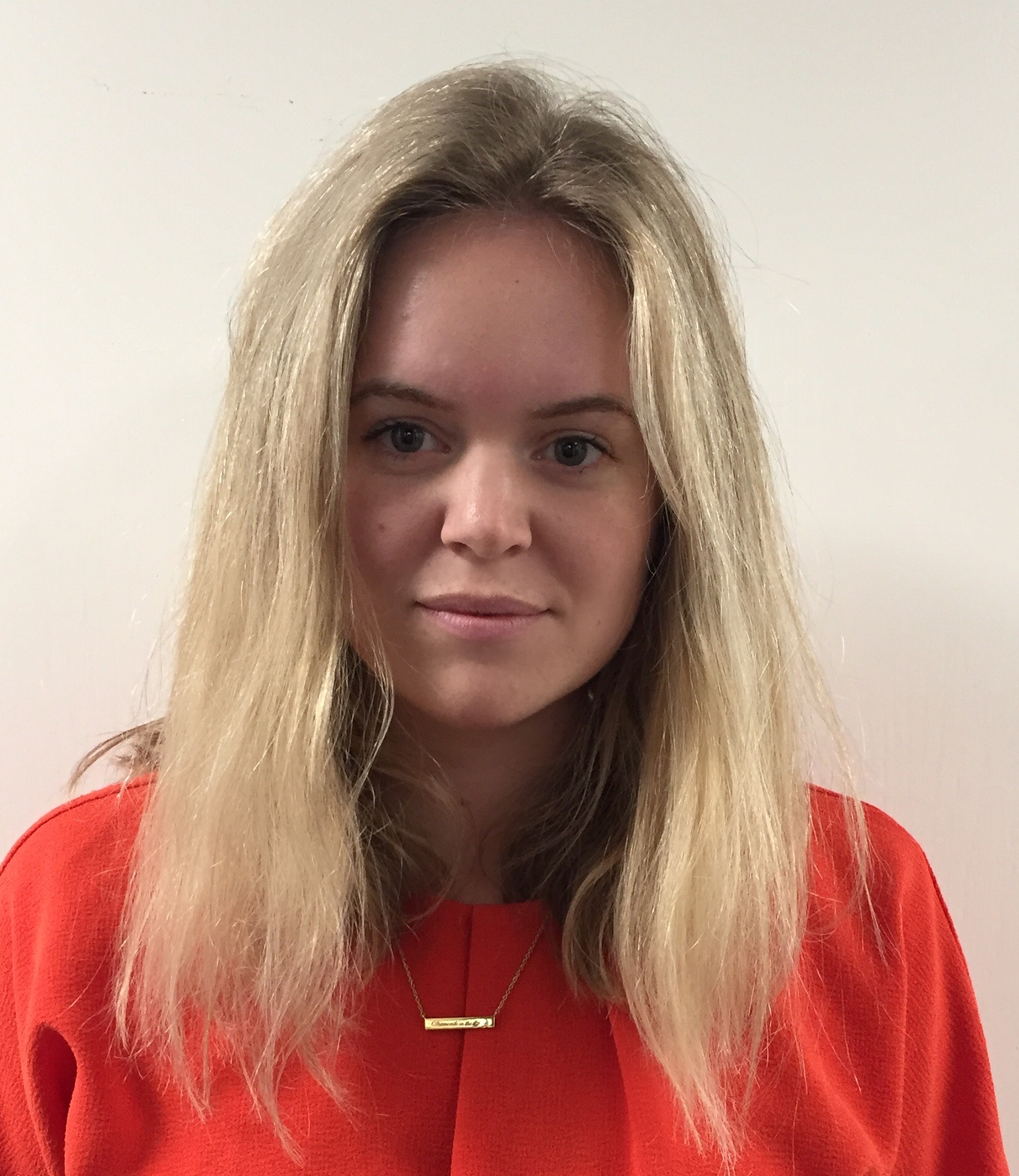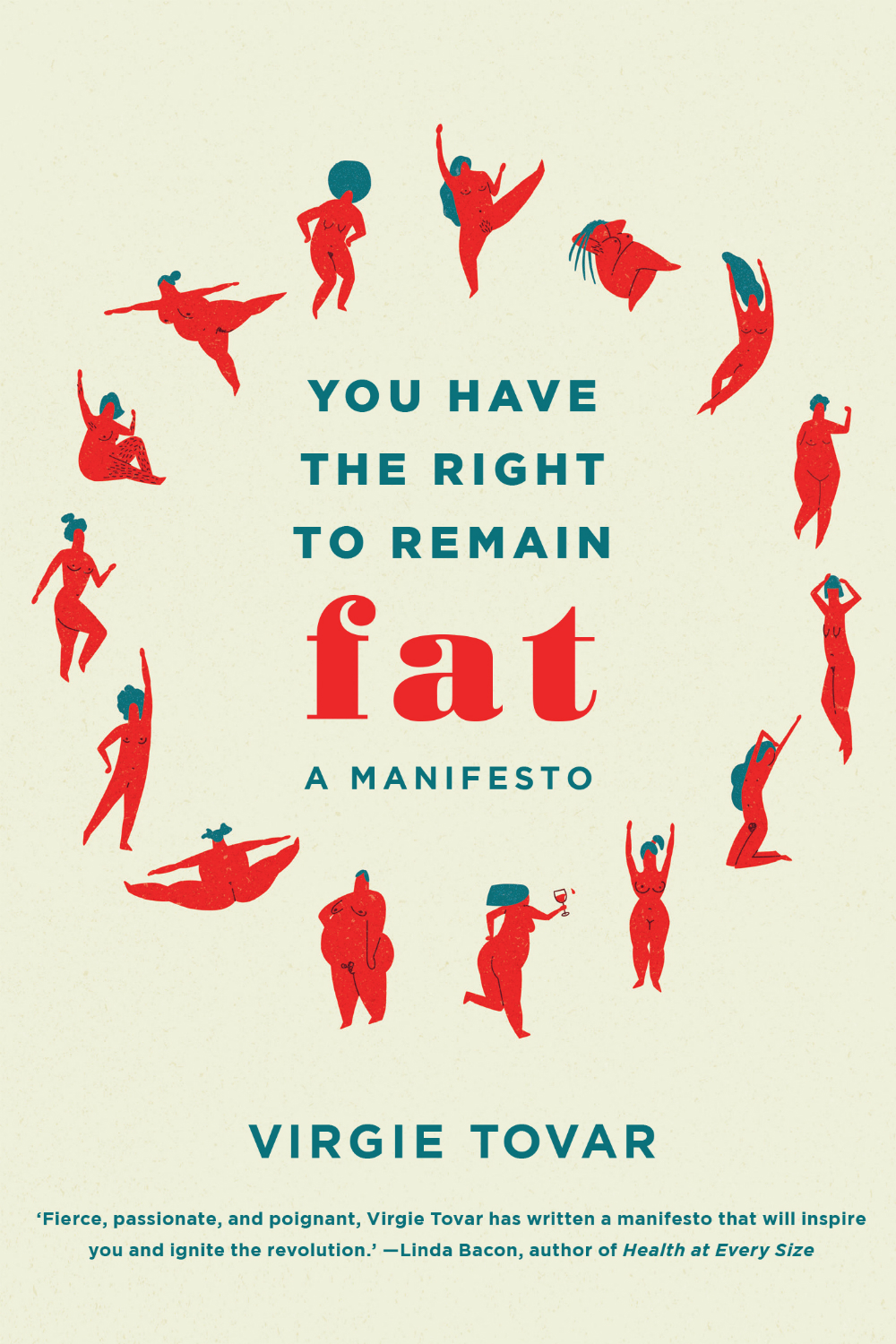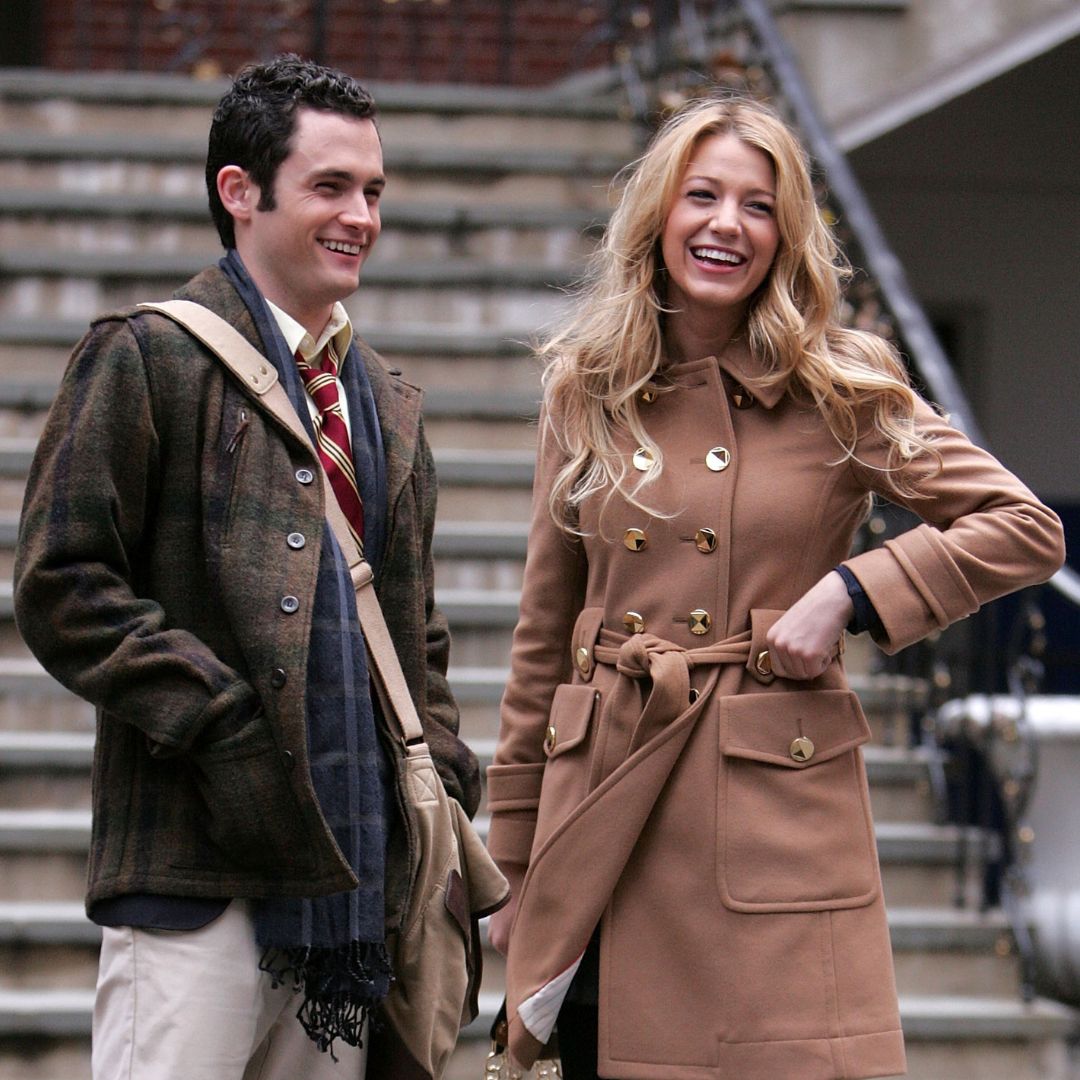Activist Virgie Tovar on the realities of 'fatphobia' and why diets don't work
In her new book You Have The Right To Remain Fat, author and activist Virgie Tovar tackles the 'minority stress' caused by fat discrimination and the damaging effects of dieting


In her new book You Have The Right To Remain Fat, author and activist Virgie Tovar tackles the 'minority stress' caused by fat discrimination and the damaging effects of dieting
Here’s a fact: despite all the promises of the diet industry, paradoxically, dieting leads to weight gain over time. Let me say that again: over time, dieting leads to weight gain. I say there’s nothing wrong with weight gain, but the culture says differently. So, if the stated goal of thinness is not actually being achieved, then what are we really doing when we are dieting?
Dieting doesn’t do the thing it’s allegedly designed to do, but dieting does lead to a number of other results: low self-esteem and decreased self-advocacy during sexual negotiation (there is some evidence that suggests that fat women negotiate for condoms less frequently than their thin counterparts1).
Fat people experience more anxiety in our daily lives. We experience the effects of something called “minority stress”—the negative physiological outcomes of discrimination, cruelty, and social ostracization over a lifetime.
That stress can result in suppressed immunity, shortened life span, and decreased heart health—not coincidentally, some of the very things often attributed to high body weight in the medical industry. Further, if we all miraculously became our doctor-recommended BMI overnight, we would awake the following day to find that the goal post had been moved because control is the ultimate purpose of diet culture and fatphobia.
What is the alternative? To stop. Stop being terrified of fatness. Stop marginalizing fat people. To recognize that no body is superior or inferior to another. My core belief is both painfully obvious and wholly subversive: every person, regardless of weight or health status, deserves to live a life completely free from bigotry and discrimination.
That might sound really simple, but imagine for one second what this really means: big or small you are, whether you were able to run a mile in eight minutes or you hadn’t run a day in your life. No caveats, no fine print— just you and your life, without any barriers you perceive to be in your way due to weight or body shape.
Marie Claire Newsletter
Celebrity news, beauty, fashion advice, and fascinating features, delivered straight to your inbox!
This means you wouldn’t feel the need to change your body size in order to be taken seriously as a romantic partner. You wouldn’t internalize your body’s limits as a personal failure because you would have no framework for your body as a source of failure.

This means that you would not be socially punished if you gained forty pounds and you would not be socially rewarded if you lost forty pounds. (I believe there would likely be significantly less weight fluctuation without diet culture and fatphobia.)
This means that when you went to the doctor you wouldn’t be treated differently or be refused proper treatment if you were fat.
This means that food would be stripped of moral meaning, which would make eating less terrifying. You wouldn’t feel morally inferior if you ate tacos rather than a salad since food shame wouldn’t be a thing.
This means that when you had important moments in your life you wouldn’t be expected to lose a bunch of weight. So you could focus on the joy of those important moments rather than being distracted by anxiety.
Extracted from You Have The Right To Remain Fat by Virgie Tovar, published by Melville House UK
-
 Penn Badgley and Blake Lively kept their breakup a secret from the Gossip Girl cast and crew - here's what we know about their former relationship
Penn Badgley and Blake Lively kept their breakup a secret from the Gossip Girl cast and crew - here's what we know about their former relationshipBy Jenny Proudfoot
-
 Spring has finally sprung - 6 best outdoor workouts that are totally free and boost both body and mind
Spring has finally sprung - 6 best outdoor workouts that are totally free and boost both body and mindSoak in the nature and boost Vitamin D *and* endorphins.
By Anna Bartter
-
 This iconic rose perfume is a compliment magnet—it makes me feel ‘put together’ after just one spritz
This iconic rose perfume is a compliment magnet—it makes me feel ‘put together’ after just one spritzGrown-up and elegant, yet not at all dated.
By Denise Primbet